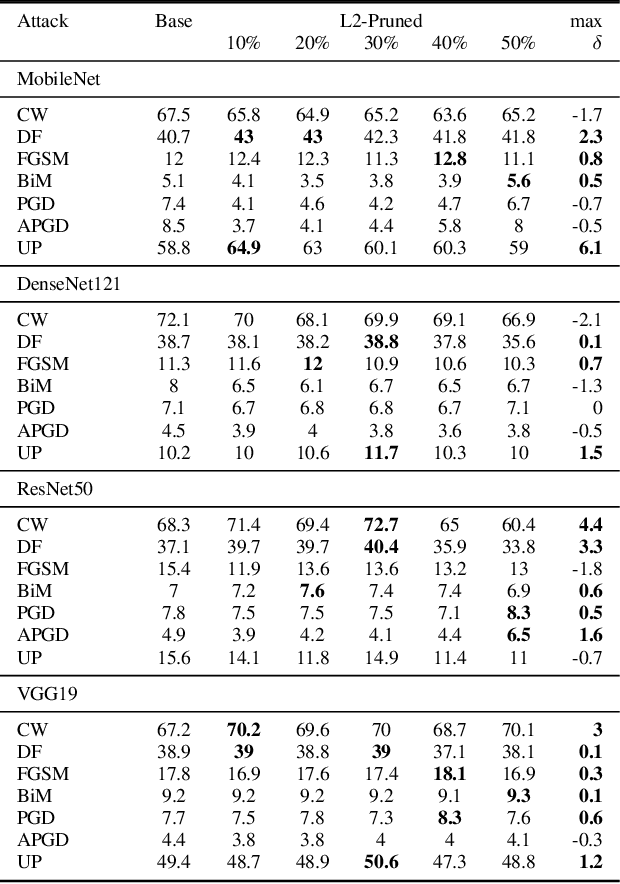Kartik Patwari
Rendering-Refined Stable Diffusion for Privacy Compliant Synthetic Data
Dec 09, 2024Abstract:Growing privacy concerns and regulations like GDPR and CCPA necessitate pseudonymization techniques that protect identity in image datasets. However, retaining utility is also essential. Traditional methods like masking and blurring degrade quality and obscure critical context, especially in human-centric images. We introduce Rendering-Refined Stable Diffusion (RefSD), a pipeline that combines 3D-rendering with Stable Diffusion, enabling prompt-based control over human attributes while preserving posture. Unlike standard diffusion models that fail to retain posture or GANs that lack realism and flexible attribute control, RefSD balances posture preservation, realism, and customization. We also propose HumanGenAI, a framework for human perception and utility evaluation. Human perception assessments reveal attribute-specific strengths and weaknesses of RefSD. Our utility experiments show that models trained on RefSD pseudonymized data outperform those trained on real data in detection tasks, with further performance gains when combining RefSD with real data. For classification tasks, we consistently observe performance improvements when using RefSD data with real data, confirming the utility of our pseudonymized data.
Empowering Source-Free Domain Adaptation with MLLM-driven Curriculum Learning
May 28, 2024Abstract:Source-Free Domain Adaptation (SFDA) aims to adapt a pre-trained source model to a target domain using only unlabeled target data. Current SFDA methods face challenges in effectively leveraging pre-trained knowledge and exploiting target domain data. Multimodal Large Language Models (MLLMs) offer remarkable capabilities in understanding visual and textual information, but their applicability to SFDA poses challenges such as instruction-following failures, intensive computational demands, and difficulties in performance measurement prior to adaptation. To alleviate these issues, we propose Reliability-based Curriculum Learning (RCL), a novel framework that integrates multiple MLLMs for knowledge exploitation via pseudo-labeling in SFDA. Our framework incorporates proposed Reliable Knowledge Transfer, Self-correcting and MLLM-guided Knowledge Expansion, and Multi-hot Masking Refinement to progressively exploit unlabeled data in the target domain. RCL achieves state-of-the-art (SOTA) performance on multiple SFDA benchmarks, e.g., $\textbf{+9.4%}$ on DomainNet, demonstrating its effectiveness in enhancing adaptability and robustness without requiring access to source data. Code: https://github.com/Dong-Jie-Chen/RCL.
Benchmarking Adversarial Robustness of Compressed Deep Learning Models
Aug 16, 2023



Abstract:The increasing size of Deep Neural Networks (DNNs) poses a pressing need for model compression, particularly when employed on resource constrained devices. Concurrently, the susceptibility of DNNs to adversarial attacks presents another significant hurdle. Despite substantial research on both model compression and adversarial robustness, their joint examination remains underexplored. Our study bridges this gap, seeking to understand the effect of adversarial inputs crafted for base models on their pruned versions. To examine this relationship, we have developed a comprehensive benchmark across diverse adversarial attacks and popular DNN models. We uniquely focus on models not previously exposed to adversarial training and apply pruning schemes optimized for accuracy and performance. Our findings reveal that while the benefits of pruning enhanced generalizability, compression, and faster inference times are preserved, adversarial robustness remains comparable to the base model. This suggests that model compression while offering its unique advantages, does not undermine adversarial robustness.
 Add to Chrome
Add to Chrome Add to Firefox
Add to Firefox Add to Edge
Add to Edge